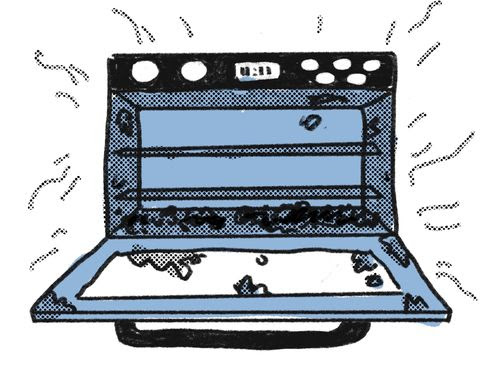Most people accept the gimmicks of food labelling. One lawyer can’t stomach them. 
How mad would you be to learn that Fireball mini bottles don’t contain whiskey? Or that an A&W Root Beer product didn’t really use “aged vanilla”? Or that a brand of Icelandic yogurt isn’t made in Iceland? Would you be mad enough to join a class-action lawsuit against the company that made these claims or perhaps led people to believe they were true? Or, to go further, would you dedicate your career, and a very healthy part of your life, to organizing and filing hundreds of these suits? In a fascinating story from this week’s issue, Sarah Larson introduces us to Spencer Sheehan, a forty-four-year-old attorney from Long Island who gets very mad indeed about such things, and who runs a firm that specializes in bringing consumer-protection suits, specifically focussing on packaged foods. Vanilla is a special passion of his, and he’s sued the Blue Diamond almond company eleven times. Critics may mock Sheehan, or accuse him of mounting frivolous cases, but a closer look at the world of highly processed foods reveals a confusing mishmash of local and federal regulations, and stout resistance from manufacturers against increased oversight. And, as Larson notes, there is something poignant about the ways in which we all struggle to make decisions about what to eat—a task that’s only complicated by the companies that are trying to influence those decisions. “Americans, especially, understand the compact of commerce, and rarely begrudge our role in that near-patriotic process,” Larson writes. “But nobody wants to be a sucker.” Support The New Yorker’s award-winning journalism. Subscribe today » | 






.jpg)












No comments:
Post a Comment